While Jeff and I were trapped in the house last week after trying to beat the hurricane home from a trip to Boston, we got to talking. Hurricanes can be devastating at their worst, a reminder about what we take for granted when we’re spared from them, and always inconvenient, especially for the restaurant industry.
It made me want to run something by you.
Restaurant Week
This week is Charleston Restaurant Week, a promotion each year after Labor Day that began as a way to encourage locals to dine out during the off season. Participating restaurants develop special pre fixe menus, generally at a discount, to give new guests a taste of what they offer.
In theory, this sounds great. Lately, it’s become a burden that adds to the cloud of uncertainty surrounding our restaurant scene; an added stressor to already small margins and serious labor shortages. As you’re likely well aware, a hurricane only increases the negative impact on profits, so to open back up to participate in a promotion that’s motivated by discounts is not great timing.
That’s not to say the intention behind Restaurant Week is bad.
Quite the opposite, really.
It’s no secret that it’s getting harder to hit all the new places popping up all over town, much less consistently support those who’ve been around for decades. It’s disheartening to see another restaurant close almost every other week.
Restaurants could benefit from a week that celebrates and brings our food community together, but maybe our approach is outdated.
Guests have so much to choose from that restaurants feel more pressure to execute once they do win their visit. Unfortunately, this can also mean playing it safe menu-wise and resorting to discounts. This kind of thing is most dangerous for a place that isn’t clear on the story they’re trying to tell about why they’re making the food they make in the first place. Even if they are clear on the bigger picture, it’s easy to sacrifice telling that story to people for the short-term benefit of getting people through the door.
This is where we go wrong.
There’s so much to worry about when running a restaurant in Charleston that it’s no wonder that we’ve collectively lost our mojo. Sometimes it seems like restauranteurs are waiting on permission to be bold from the same people they water their menus down for.
And yes, that’s easy for me to say because I don’t own a restaurant.
But I do know a thing or two about risk and how not investing in resources at your disposal can be a reflection of people acting out of fear. Fear that leads to cost cutting and mediocrity and at its worst: closed doors. There are too many real threats, like labor and ridiculous rents, to not jump on an opportunity like Restaurant Week if you’re doing it anyway… just a Restaurant Week that’s restructured. One that offers new experiences, highlights creativity, showcases our community versus one that’s motivated by a 3 for menu discount to entice a guest that may not ever come back.
We diners of Charleston are waiting on your lead, restauranteurs, not the other way around. You’re the way out of the lingering cyncism that shrouds our food scene. I know you’re tired, so maybe we’re at a point where we need to band together to rise to the challenge, newcomers and Charleston food institutions alike, to get a better idea of where we want to go. And who we want to be.
Use the built-in marketing for Restaurant Week to shift the conversation.
There are clear signs that we’re headed in the right direction, even without the marketing push of this week’s promotion.
Kwei Fei opens its doors every so often for a new concept to take over their space while they travel to learn more about how to offer Charleston something new. John Lewis hosts a Hatch Chile Fest each year in his parking lot; a call for chefs all over town to get creative around his favorite ingredient. But, the reality is that these two places are chef-owned, while most of the restaurants that can afford to hang in there longterm are owned by restaurant groups, often backed by capital and inherently more business-minded. That’s a great thing if they’re able to empower their chefs’ creativity while making smart business decisions.
For concepts that don’t stop to ask themselves the bigger questions of what they’re trying to share and how they fit into our community, it’s much more common to see creativity stifled. That responsibility, big picture thinking that empowers chefs and drives profits, lies with you, the restauranteur. David Chang’s empire is a great example, one that he could only create with the help of a leader who understands business and the power of storytelling.
Maybe, amidst our growing pains to define our culinary style as a city, we can use a week like this to shift our focus from the everyguest and celebrate those within our f&b community instead. What if the goal of Restaurant Week was for participants to do whatever they wanted? A friendly competition for restaurants to do the most in showcasing the creativity and potential inside their four walls? Dollars and discounts can only go so far, but a week of tasting menus that allows chefs and cooks and bartenders to play breeds innovation.
Maybe even a breakthrough on why we’re all here in Charleston doing all this in the first place. Butcher & Bee is already leading the way.
Consider this your impetus to bring some joy and energy back to the industry, despite the unavoidable challenges we may face.
Where chefs and foodies go, dollars and diners follow.
Be bold!
“I’ve long believed that good food, good eating, is all about risk. Whether we’re talking about unpasteurized Stilton, raw oysters or working for organized crime ‘associates’, food, for me, has always been an adventure.” - Anthony Bourdain, Kitchen Confidential









